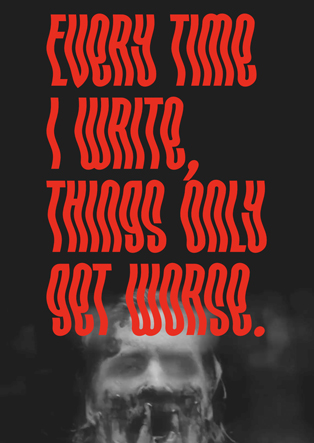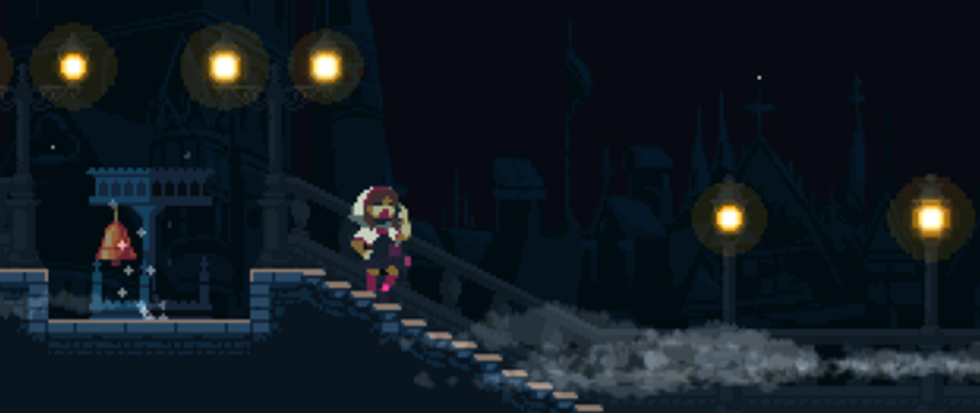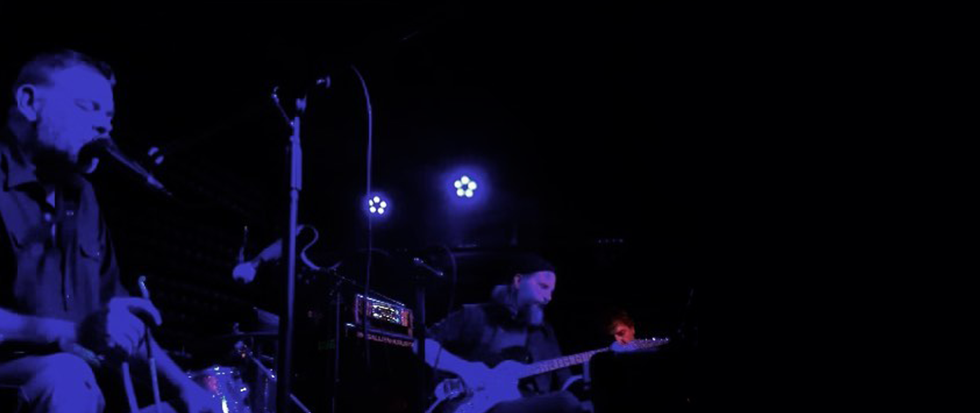
Let Jawbreaker Live
The 90’s did a lot of bands dirty. Labels and fans were twisting themselves up to Solomon their favorite artists, lifting them aloft and then casting them down when they couldn’t maintain impossible speeds. Whether it was sales or selling out, if you were in it for artistic expression the game was already lost. They’d be lucky to cut a big-sounding album or two before cratering into themselves, lost and alone.
So went the history of Jawbreaker after their breakup in 1996. The kids hated their DGC debut Dear You, cursing out the band as if they hadn’t actually paid any attention to their previous masterpiece 24 Hour Revenge Therapy. Sure, Dear You had a lot of guitar and vocal tracks, and could be accused of feeling a little overwrought, certainly in comparison to their earlier work. But anyone who’s ever embraced any sort of creativity knows the hunger for growth, and what with the clear expansion and compression between albums, seeing Jawbreaker do the same shouldn’t have been a real surprise.
They were young, money and booze and tour life made things shitty, then it all fell apart, it’s nothing really new or altogether special. But Dear You spread, despite being out of print for a good while. Younger, more open-minded fans weren’t as put off by the sheen and embraced darker dives of “Accident Prone” and “Sluttering (May 4th),” the post-grunge pleas of “Save Your Generation,” and the second chapter party report of “Bad Scene, Everyone’s Fault.” So even though Jawbreaker’s reunion after a little more than twenty years apart was a most blessed surprise, that they would spend this second wave with the songs of Dear You that were barely given their due so long ago is less of a shock.
Even by their second album Bivouac the band was already being treated like some sort of classic rock jukebox, expected to pony out the hits and smile for the opportunity by a sea of hypocritical punks, if “Pack it Up” is taken as a journal entry. In the year 2019, it would be understandable if this trio of weathered gents settled into the easy county fair sets which cut the checks that so-called fans spat on them for back in the day. And as they stepped onto the House of Blues stage in Boston in darkness, with giant banner dropping and a classic film score swelling up and down in anticipation, I wondered if that’s how Jawbreaker might play this hand—second guitarist in the wings, no banter, each member just clocking in to work. And though the Dear You opener “Chemistry” didn’t bring the heat as “The Boat Dreams From the Hill” or a couple others might have later on, it was the perfect frame for what the reunited band was bringing to the stage.
It was a smiling trio up there, still shaking rust off of decades-old songs that have lived large in the hearts and heads of fans like me. The Dear You tracks clearly wanted for the extra layers of production, but that also only enhanced the charm. There was no flash, not a thousand guitar pedals or signal-processors, just a few amps, missed chords, sloppy transitions, moments of faulty memory but appreciation of the moment we’d all been granted to experience this together.
Songs like “Condition: Oakland” and “Basilica” particularly shined, complete with spoken word and film samples, as part of a gnarlier Jawbreaker that rarely broke out as often back then. Frontman Blake Schwarzenbach jumped and thrashed as much as he could when not chained to the mic, while bassist Chris Bauermeister thumped it out in pajamas and drummer Adam Pfahler kept everything on track while sporting a shirt of the opener Pohgoh. Blake told jokes and stories, including the impetus for “Want” their early tribute to breaking through emotional constipation. Even “new” songs like “Gemini” from their posthumous live album and an updated version of “Black Art” from Blake’s post-Jawbreaker project Thorns of Life felt as if they’d been a part of the ride all along and that this band might have more in the tank than any of us could ever have hoped for.
This reunion, these tours, are meaningless on the galactic scale of things. But the songs carry an atomic energy that is bounced between the band and the fans, and the diverse audience (for rock n’ roll at least) testified to the universality of their appeal, beyond what the band experienced in their original run, beyond that of their peers and friends. Jawbreaker didn’t have to push themselves to play the knottier stuff, to stick to the three-man format and the Marshall amps and literary punk sounds they scooped out so long ago. But then again, for this to ever have worked, maybe they did. I never thought I’d get the chance to see this band, and I was worried that they’d leave me wishing I never had, but thankfully this new Jawbreaker builds on the layers of the original, having earned another few laps for the gems on Dear You, and hopefully more albums to come.





